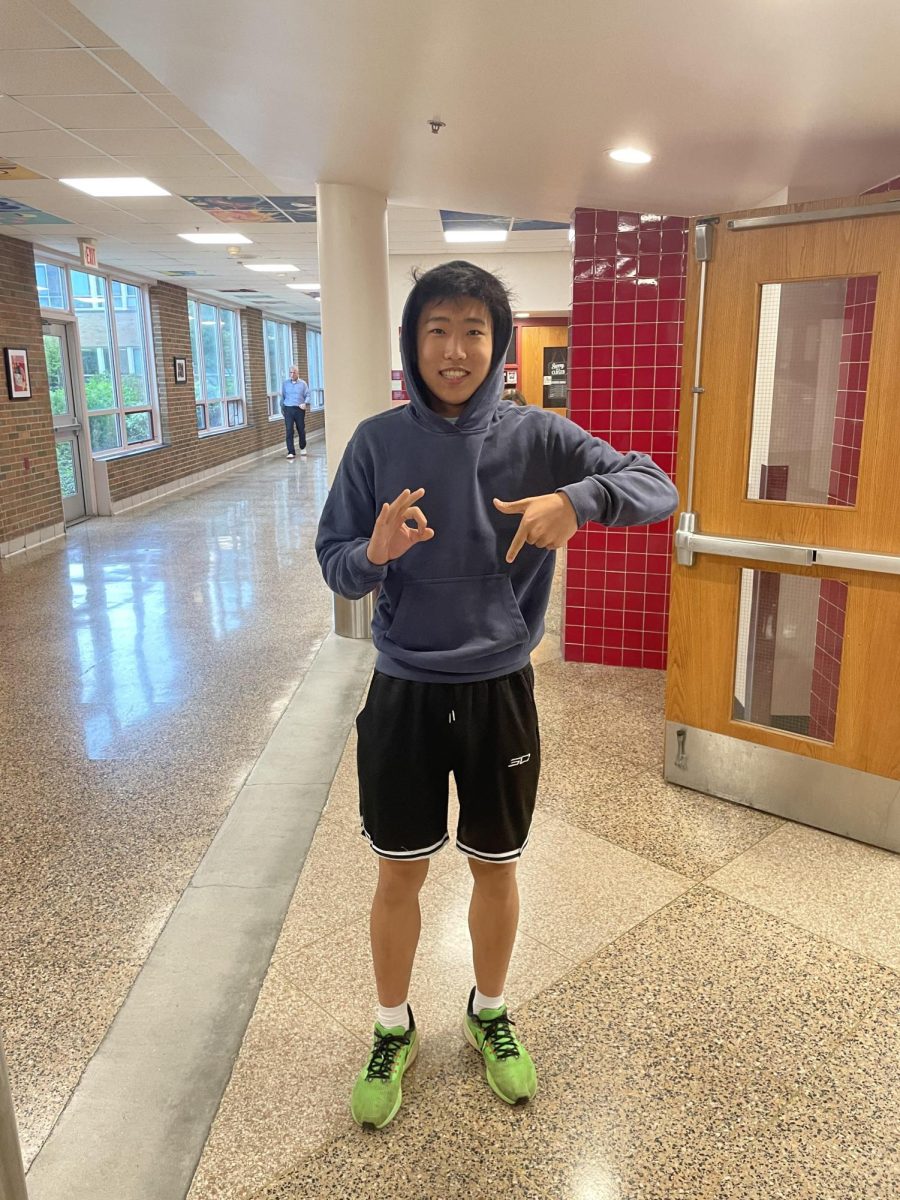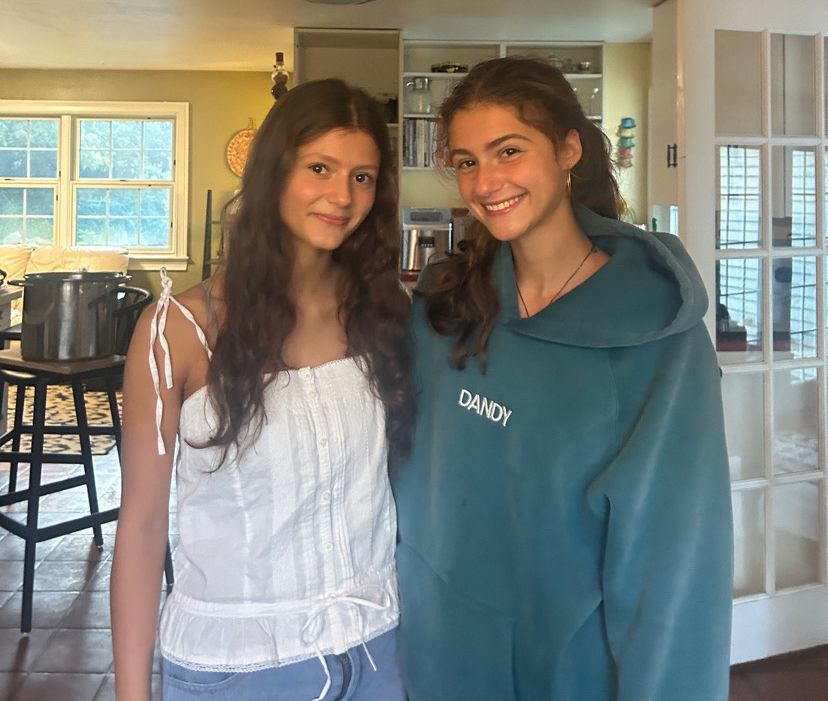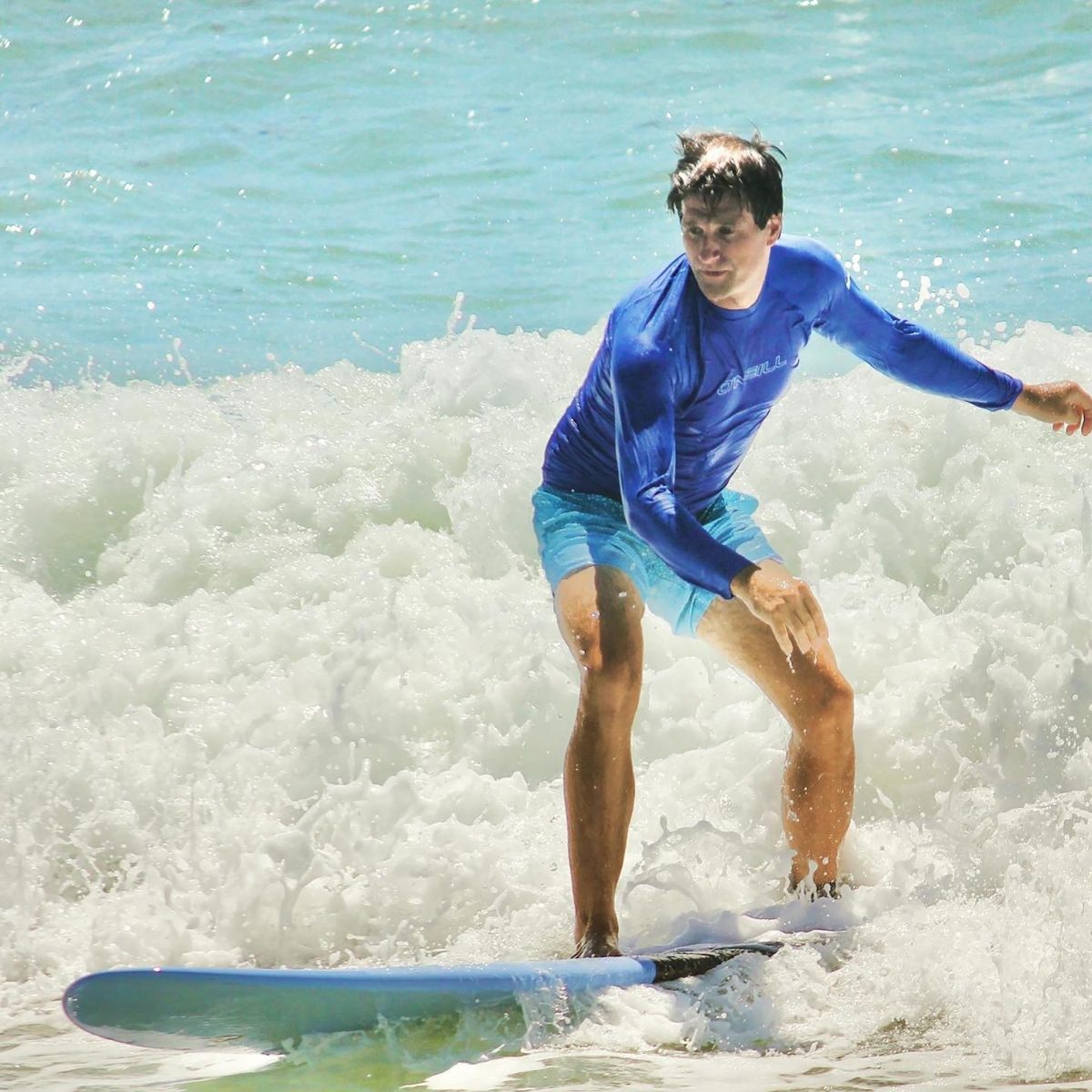Anyone walking through the halls of WHS will quickly notice that students seem to have a language of their own. Terms like “6-7,” “clocked,” and many others have become an integral part of students’ ever-changing vocabulary, even though it can be confusing at times.
“Right now people have been saying 6-7 a lot,” said sophomore Bogdan Chuyan. “I don’t really know what it means, and I don’t think a lot of people do. But people just say it and everyone laughs.”
Other students enjoy keeping up with and using the latest slang.
“I love slang; if my friend does something really good, I’ll be like, ‘Oh my gosh you ate,’” said junior Leah MacDonald. “Or if someone says something that is a great comeback people will be like, ‘Get clocked.’”
Slang like this enables students to connect with each other. A recent article in the New York Times helps define the purpose of slang for teens.
“The primary value of slang has been to create linguistic shibboleths [exclusive practices], a way to differentiate yourself quickly from other people,” wrote Stephen Marche in an opinion piece from June 25, 2024.
Other reasons for using slang include enabling creative expression, creating a sense of belonging, and having an ease of communicating with specific groups of people. A Michigan State University study confirms that students are most likely to associate with people who use similar language.
“When you hear someone use the same phrase as you, it feels like you’re part of the same group,” said sophomore Emma Murphy.
Slang also helps teens experiment with their identities and find their place with different groups in school. The words that students use and the reason they choose them carry signals about who they are and who they wish to be.
“It’s not just about what people say, it’s about how,” said freshman John Dickie. “It helps me and my friends share something similar with each other.”
For many teachers, while the words students are using are always new, this pattern of developing new slang remains the same.
“Every generation of students has their own slang,” said language teacher Veronica Quinn. “Every year my students say new strange words, but it’s nothing different from when I was in high school.”
In fact, for decades prominent TV shows, movies and songs created slang for generations of past students. With the emergence of social media, students have been exposed to viral videos from apps like Instagram and Tiktok that quickly create new slang.
“When I scroll through my phone, I often see new things and words,” said junior Sam Whitworth. “Then I’ll see one of my friends, and they’ll be talking about something I’ve never heard of.”
Thanks to this influence from social media, WHS’s students’ slang is not unique. Students at schools all over the country use the same words and jokes, which help bridge the gap between different cultures and groups of people nationally.
“Sometimes when I’m with people who don’t go to our school, they make the same jokes that people at our school would,” said Murphy. “It’s kinda cool how connected we are to people at other schools.”
Sometimes when students use slang it can keep adults out of the loop, and whether that is good or bad can vary.
“If my students say something odd, and they all start laughing, I know I’m missing something,” said history teacher Caroline Monz. “Sometimes I’ll threaten to look it up, which quiets them down.”
Other teachers have faced challenges when slang makes its way into the classroom.
“It can be distracting,” Quinn said. “Sometimes I hear students chatting and joking using words I don’t understand. I usually let it go, but sometimes I have to remind them to focus. If I do understand something, I’ll say it back to my students and watch them go crazy into disbelief. I really enjoy moments like that because I feel like it helps me connect with them better.”
When adults and especially teachers begin learning and using slang, many students just feel uncomfortable.
“Watching my teachers use slang trying to match our energy, it can be a little awkward,” said MacDonald. “I know that they don’t try and do this on purpose, but they kind of ruin the fun of the whole thing.”
Despite confusions and oddities, most students see their shared expressions as a positive part of school life. They create inside jokes, conversations, and more energy, and sometimes even ease tense situations.




